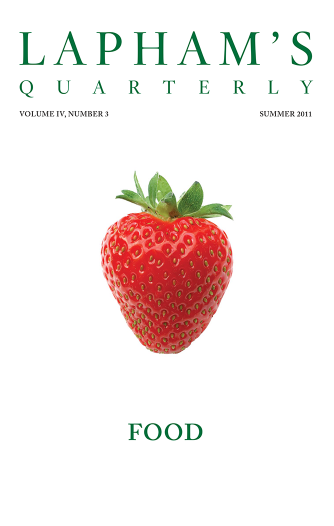Zixia asked Confucius, “How should a son conduct himself with reference to the man who has killed his father or mother?”
The Master said, “He should sleep on straw, with his shield for a pillow; he should not take office; he must be determined not to live with the slayer under the same heaven. If he meet with him in the marketplace or the court, he should not have to go back for his weapon, but instantly fight with him.”
“Allow me to ask,” said the other, “how one should do with reference to the man who has slain his brother?”
“He may take office,” was the reply, “but not in the same state with the slayer; if he be sent on a mission by his ruler’s orders, though he may then meet with the man, he should not fight with him.”
“And how should one do,” continued Zixia, “in the case of a man who has slain one of his paternal cousins?”
Confucius said, “He should not take the lead in the avenging. If he whom it chiefly concerns is able to do that, he should support him from behind, with his weapon in his hand.”
From the Record of Rites. One of the five classics of Confucian literature, the Record of Rites was compiled around 200 bc by scholars connected to the Han court. The chapter in which this section appears focuses on rituals of death and mourning, offering clear instructions in various situations. In the case of one’s parent being killed by a blood relative, elaborated a later commentator, it is acceptable to refrain from exacting vengeance: “In law there are no words about taking one’s grandparents for an enemy.”
Back to Issue




